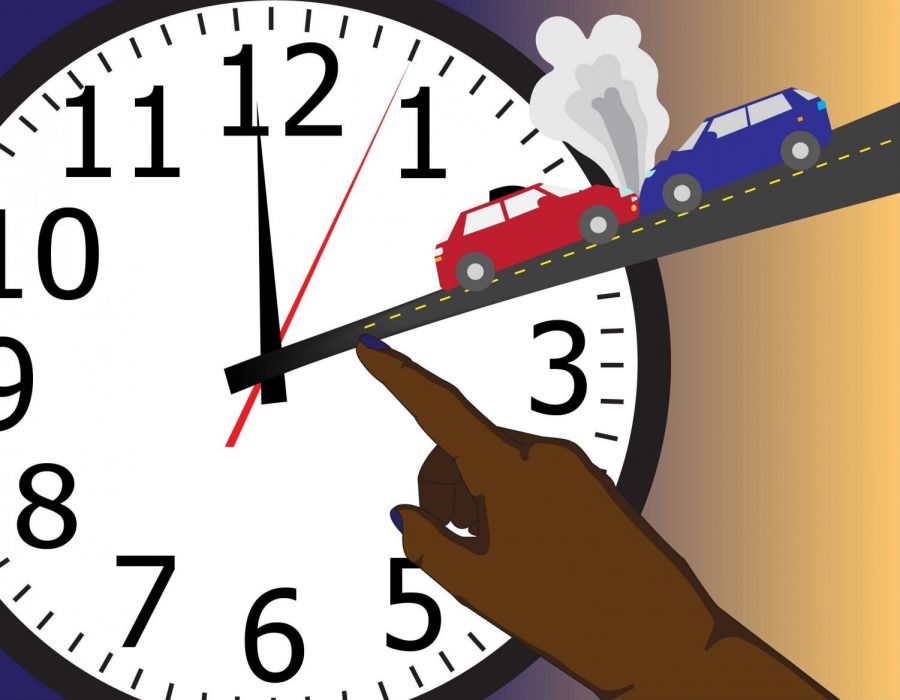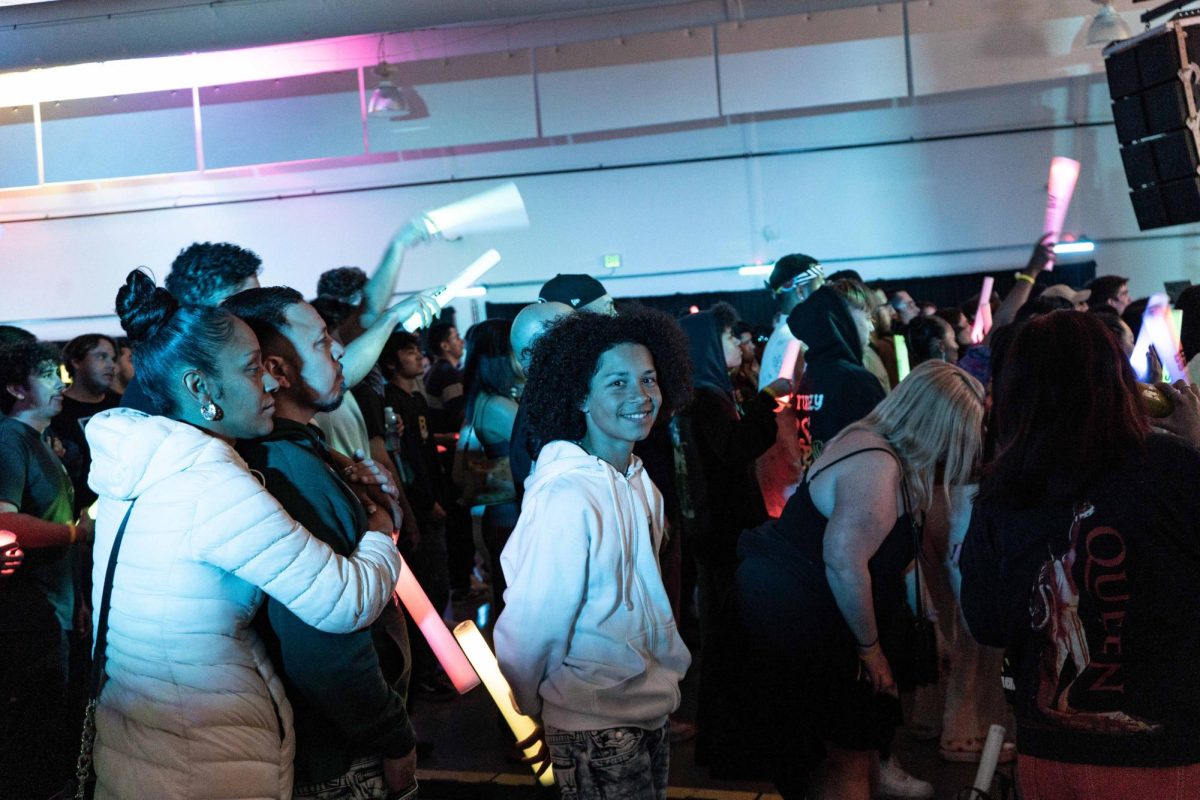Autumn can be marked by a variety of indicators. Cooler weather, the changing colors of leaves, pumpkin spice lattes and the holiday season right around the corner.
One of the most jarring signs of the shift in seasons is the transition to daylight savings time, which is observed through shorter hours of daylight and longer nights. Despite gaining an hour of sleep, the time change is not always a sweet dream.
“It’s like having jet lag, it can also evolve into what we know as S.A.D- Seasonal Affective Disorder- that causes depression.” Dr. Erik Peper said, a Holistic Health Studies professor at SF State.
California has once again switched to daylight savings time, for the second time after a statewide proposition proposing to abolish permanent daylight savings time passed in 2018. The proposition, listed on the ballot as Proposition 7, was created as a way to combat the effects the time change has on society, such as increased heart attack risk, fatal traffic accidents and an increase in workplaces accidents.
Proposition 7 passed with 7,167,315 votes in 2018 — representing over 60% of Californians — to end daylight saving time. Former Assemblyman Kansen Chu (D-San Jose), who co-authored AB 7, spearheaded the proposition and the California Assembly passed it in May of 2019.
“I am committed to ending the harmful practice of switching our clocks twice a year and delivering on the voter’s decision at the ballot box in support of Proposition 7,” Chu said.
The proposition proceeded to the Senate Committee for Energy, Utilities and Communications in the California Legislature. As it awaited votes, the pandemic and other concerns held the proposition from moving forward, as it wasn’t a priority.
“The chair of the Senate Energy Committee did not push it out of committee because of concerns about how it would affect time zones in Mexico being out of sync with California,” Jason McDaniel said, an associate professor of Political Science from SF State. “By not pushing the legislation from his committee, the committee chair basically killed it.”
“Any similar legislation will have to start over from scratch with new legislation, probably originating in the Assembly,” he added.
Chu has since talked with the consul general of Mexico and learned the border communities there have permission to shift their time zone in line with the United States, AB 7 stalled again in the state senate failing to get the necessary two-thirds vote, an outcome Chu said is due to the pandemic.
“I share the frustration many are feeling that we have to switch our clocks once again. My effort was stalled due to the pandemic and a shortened legislative session,” Chu said in a public statement on Oct. 28.
While Chu is not returning to the State Assembly next year, he will advocate for new state legislation and for the federal government to allow California to adopt permanent daylight saving time.
Florida’s own version called The Sunshine Protection Act passed the same year and currency is waiting to be voted on by the Senate in Congress after being stalled due to the pandemic.
A state needs federal approval for federal laws like daylight savings. After passing through the state Senate, the bill would have still needed governor, congressional and president approval.
Daylight savings has shown to be connected to a 6% increase in fatal car crashes the following week due to less sleep and has resulted in additional 28 deaths per year, according to a study from the University of Colorado at Boulder.
The American Economic Journal developed a study in 2016 titled “Spring forward at Your Own Risk: Daylight Saving Time and Fatal Vehicle Crashes” which revealed that from 2002-11, there was a social cost of $275 million annually from fatal car accidents due to loss of sleep.
“You have a switch in you when you change time for daylight savings.” Dr. Erik Peper said, a Holistic Health Studies professor at SF State.
According to Peper, the time changes can mess with people in a variety of ways, including internal clocks and biological rhythms that affect sleep-wake cycles in the brain, hormone release, eating habits and digestion.
“You need five of these cycles of sleep, which is seven and a half hours to fully function and replenish what you use up throughout the day.” Dr. Richard Harvey said, a Holistic Health Studies associate professor at SF State.
“Daylight Savings Time is disrupting not only the number of cycles that a person gets, we’re getting probably one fewer cycle,” he said “Which explains why not only do we get heart attacks, but why we have more accidents.”
While the process of the shelled Proposition 7 has an unseeable future, Dr. Peper said that one potential and temporary solution involves using a sunrise alarm clock.
Sunrise alarm clocks produce a high intense light source that can be put in a bedroom to slowly illuminate one’s eyes with blue light to help energize a person when they wake up.
“It’s like an artificial sun, the light will tend to wake you up,’ he said.“ I recommend it a lot for people who have difficulty waking up or who are adjusting their sleep.”








